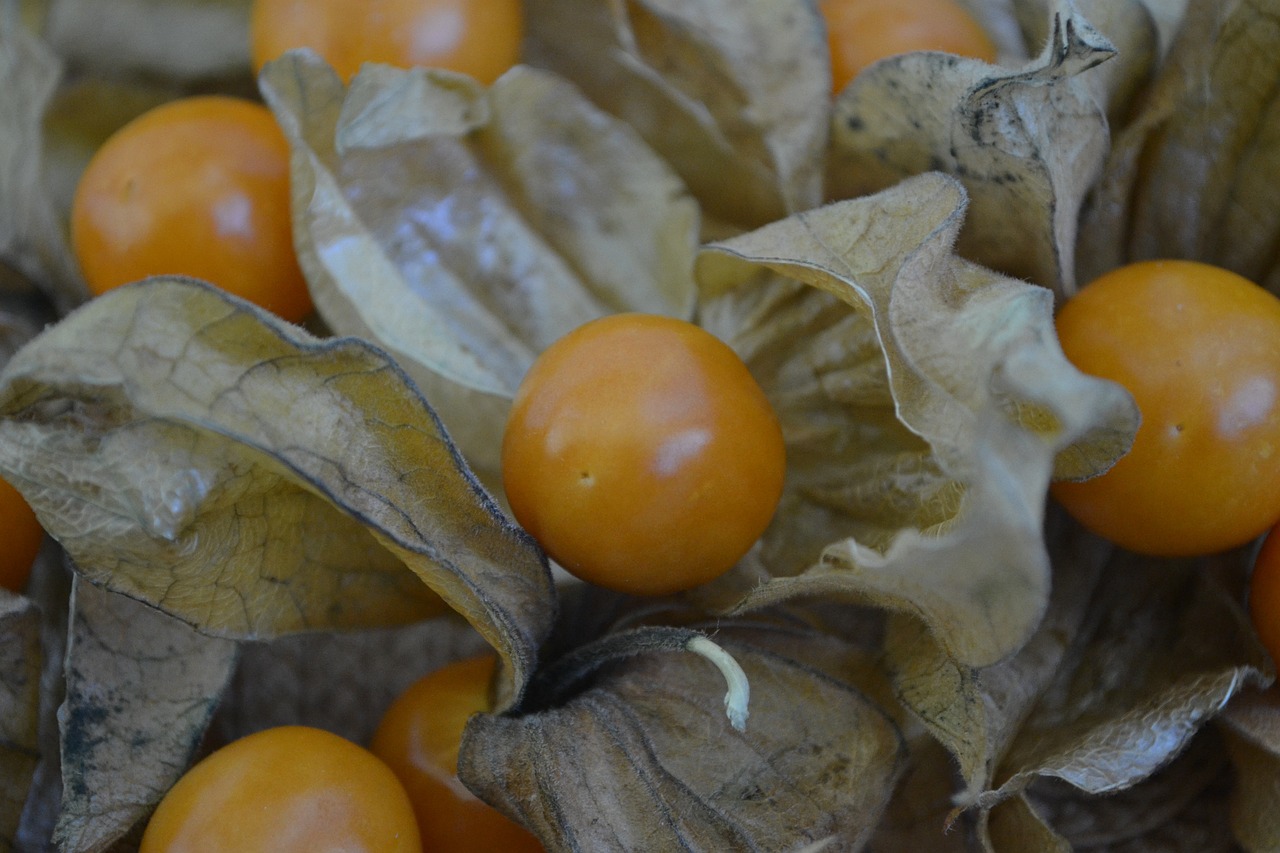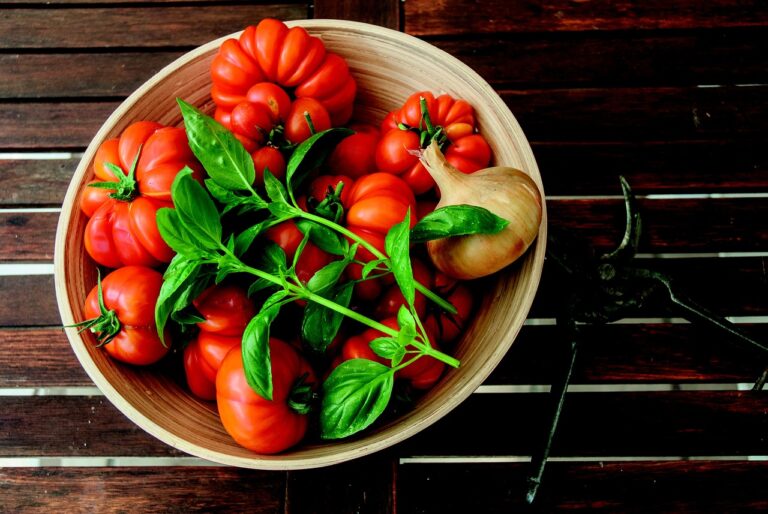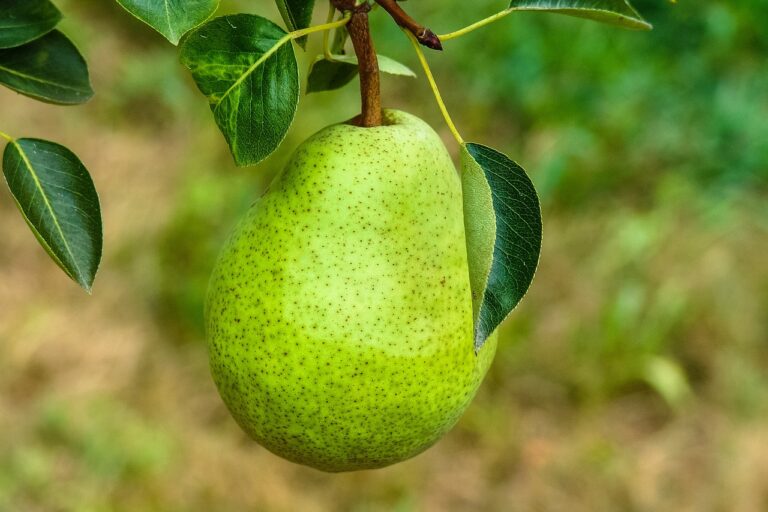Understanding the Role of Nut and Seed Processing in Climate Resilient Agriculture: 11xplay pro login, Tigerexch247 live, Betbook.com
11xplay pro login, tigerexch247 live, betbook.com: Understanding the Role of Nut and Seed Processing in Climate Resilient Agriculture
In a world facing the increasing challenges of climate change and food security, the role of nut and seed processing in agriculture cannot be underestimated. The processing of nuts and seeds plays a crucial role in ensuring the resilience of agriculture against the effects of climate change, while also contributing to food security, economic development, and environmental sustainability.
Nuts and seeds are important sources of essential nutrients, healthy fats, and proteins, making them a vital component of a balanced diet. However, the benefits of nuts and seeds go beyond their nutritional value they also play a key role in climate-resilient agriculture.
Climate change is causing disruptions in global food production, with extreme weather events such as droughts, floods, and heatwaves becoming more frequent and severe. In this scenario, nut and seed processing can help farmers adapt to changing climatic conditions and minimize the risk of crop failures.
By processing nuts and seeds, farmers can extend the shelf life of their produce, reduce post-harvest losses, and increase the value of their crops. Processing techniques such as drying, roasting, blanching, and milling not only improve the quality and safety of nuts and seeds but also make them more marketable and profitable.
Furthermore, nut and seed processing can help farmers diversify their income sources, reduce their dependence on a single crop, and increase the resilience of their farming systems. By adding value to their produce through processing, farmers can access new markets, attract higher prices, and improve their livelihoods.
In addition to enhancing the economic viability of agriculture, nut and seed processing also has environmental benefits. Sustainable processing practices, such as using renewable energy sources, reducing water consumption, and minimizing waste generation, can help farmers reduce their carbon footprint and promote environmental sustainability.
Overall, nut and seed processing plays a vital role in building climate-resilient agriculture systems that are capable of withstanding the challenges of a changing climate. By adopting innovative processing technologies, improving post-harvest handling practices, and promoting sustainable processing methods, farmers can enhance the resilience of their crops, increase their income, and contribute to food security and environmental conservation.
Heading 1: Benefits of Nut and Seed Processing in Agriculture
Processing nuts and seeds offers numerous benefits to farmers, consumers, and the environment.
Heading 2: Improving Food Security and Nutrition
Nuts and seeds are nutrient-dense foods that play a key role in ensuring food security and improving nutrition.
Heading 3: Enhancing Economic Viability
Processing nuts and seeds can help farmers diversify their income sources, increase the value of their produce, and improve their livelihoods.
Heading 4: Promoting Environmental Sustainability
Sustainable processing practices can help farmers reduce their environmental impact and promote the sustainability of agriculture.
Heading 5: Building Resilience to Climate Change
Nut and seed processing can help farmers adapt to changing climatic conditions, reduce the risk of crop failures, and build resilience in agriculture.
Heading 6: Innovations in Nut and Seed Processing
Technological advancements and innovative processing techniques are revolutionizing the nut and seed processing industry.
FAQs
Q: What are the most common nuts and seeds processed in agriculture?
A: Some of the most commonly processed nuts and seeds include almonds, walnuts, peanuts, sunflower seeds, sesame seeds, and flaxseeds.
Q: How does nut and seed processing contribute to food security?
A: Nut and seed processing extends the shelf life of produce, reduces post-harvest losses, and increases the availability of nutritious foods, thereby enhancing food security.
Q: What are some sustainable processing practices in nut and seed processing?
A: Sustainable processing practices include using renewable energy sources, reducing water consumption, minimizing waste generation, and promoting eco-friendly packaging.
Q: How can farmers benefit from processing nuts and seeds?
A: Farmers can increase the value of their crops, access new markets, attract higher prices, diversify their income sources, improve their livelihoods, and build resilience to climate change through nut and seed processing.
In conclusion, nut and seed processing is a critical component of climate-resilient agriculture that offers a wide range of benefits to farmers, consumers, and the environment. By adopting sustainable processing practices, investing in innovative technologies, and promoting value addition, farmers can enhance the resilience of their farming systems, increase their income, and contribute to food security and environmental sustainability.







